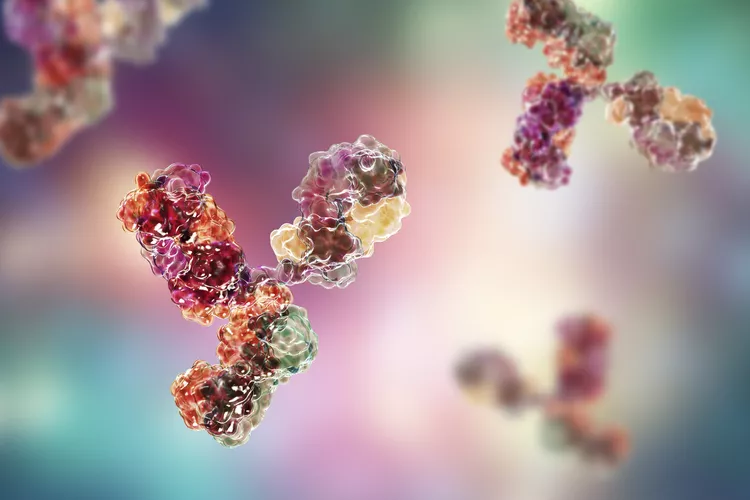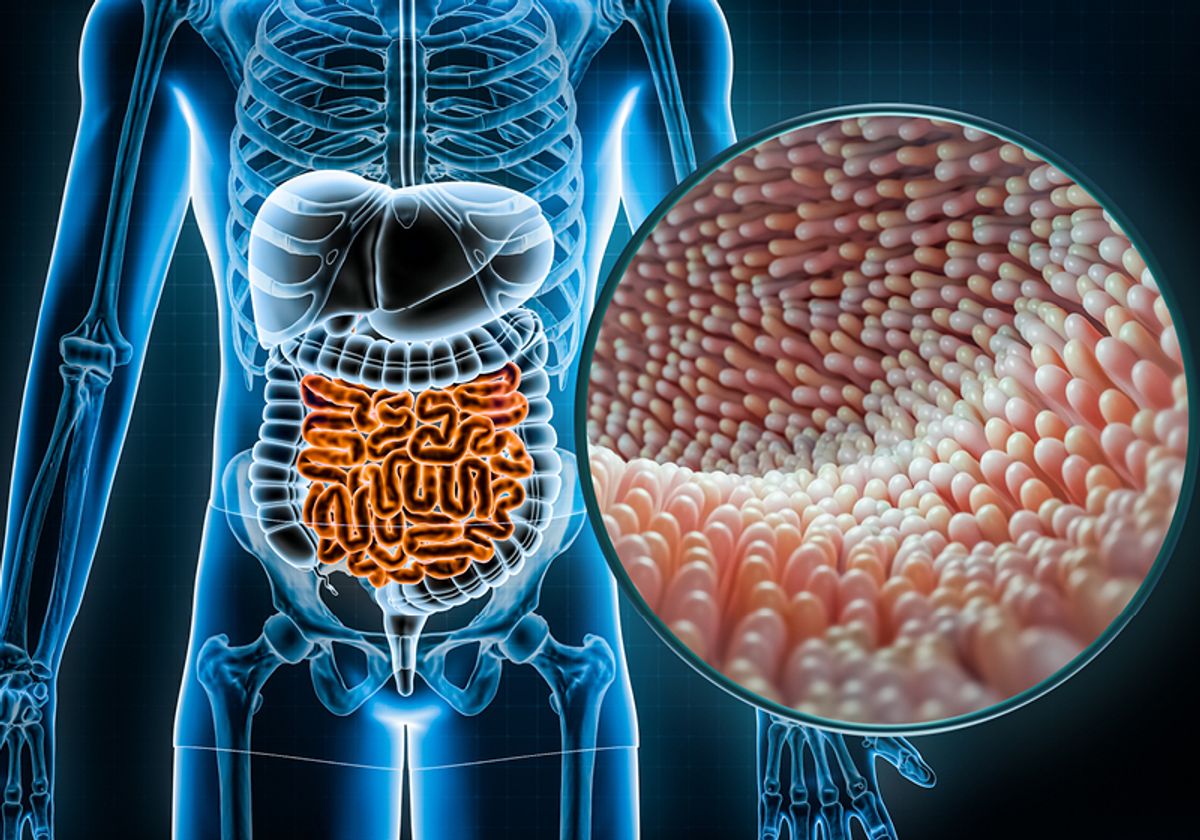United States: The recent survey statistics show that there are approximately 721 people in every 100,000 per the total population in the US who are diagnosed with inflammatory bowel disease (IBD), alongside other types, such as Crohn’s disease and ulcerative colitis.
According to many experts, long-term mucosal inflammation of digestive tract is typically associated with a number of unpleasant symptoms including abdominal pain, diarrhea, bleeding hemorrhage from rectal region, and fatigue commonly seen. However, in some cases, IBD can be mild, while in other cases, it might even affect daily basis activities.
Currently, as per the experts, there is no known cure available for IBD. However, various treatments are available to make you feel better by causing a reduction in inflammation.
Among such cures, biologics is a safer and more effective treatment available for those suffering from mild to severe IBD.
More about biologics
It would appear to be a traditional pharmaceutical drug consisting of chemicals that are specifically blended to enhance its effectiveness.
However, in contrast to the other kinds of drugs, biologics are derived from sources that are living. The doctors can usually provide these treatments as a shot or the drip directly penetrated into a vein, as CNN Health reported.
Biologics are the type of therapy that targets some protein in the body. These proteins can make certain parts of your immune system change over reaction and perpetuate inflammation over time.
In contrast to other drugs, including corticosteroids for example, where their action is a total-body impact, biologics target the inflammation more precisely since they work on the inflammation source itself.
Specific types of IBD
Generally, IBD biologics can be divided into categories that direct to the proteins responsible for the transmission of the disease. These include –
Tumor necrosis factor (TNF) inhibitors: Apart from the two variants of adalimumab (Humira) and infliximab (Remicade), there are other analogs of TNF blockers which belong to the category of binary options. They act lysis on the protein, which has a toll on the intestine inflammation.
It has been proven to cure inflammation in many cases, as recommended by various health experts.
Integrin inhibitors: This drug inhibits a protein called, integrin on your white blood cells. This is a very basic background of a human immune system, without mentioning several essential and similar reactions such as mechanisms that prevent your white blood cells from entering your intestine and causing inflammation. Vecolizumab (Entyvio), and natalizumab (Tysabri), also fall into this group.
Interleukin inhibitors: Interleukin-12 and -23 are soluble factors that determine the strength of the inflammatory response in your immune system. Ustekinumab (Stelara) and risankizumab (Skyrizi) works on the proteins, which cause IBD, thereby relieving the symptoms and creating a favorable environment for natural healing processes to take place.
Which biologics is the most effective?

Since there are several types of biologics available, finding the most effective one can be a difficult task. At present, there are few studies that do an analysis of the biologicals options for IBD treatments.
However, currently, there is no foolproof mechanism to determine the reaction that one’s body will have to a specific biologic.
In order to determine the best treatment, doctors determine the following several factors under consideration:
- Active disease/disease remission
- Disease severity
- Earlier treatments and how they reacted to different forms of treatment.
- Age and other medical issues
- Harmful effects from the potential treatment
- Personal preferences that may be triggers, such as the route course or out-of-pocket costs






